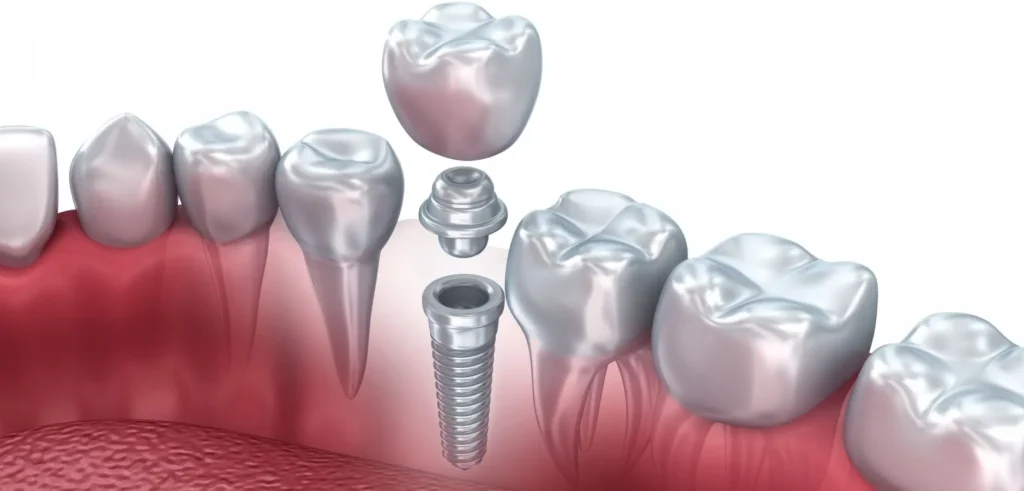
Hammas puudu?<span data-metadata="">
Our experienced specialist is inviting you to a consultation to review the treatment options that are most suitable for you!
Dr. Kiisa has been installing dental implants since 2010 and through experience he can find just the right solution.
Prices start from 1400 EUR, price includes implant, crown, healing screw, surgery and all costs of the procedure.
Did you know that if you leave an empty space in your mouth, your teeth will start to fill in that space and there may be a much more difficult situation to deal with.
Act before it is too late and book an appointment for a consultation!
Broneeri aeg vastuvõtule
Working hours:
Mon – Fri 09:00 - 17:00
Fri 09:00 – 16:00
Address
Tornimäe 7, Tallinn
Phone:
+372 6 164 500
